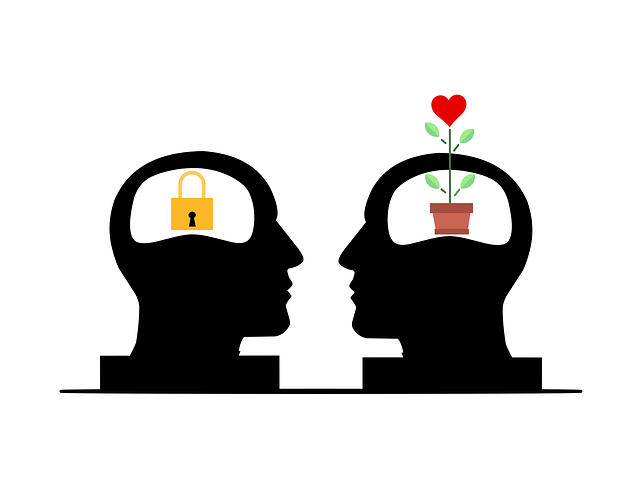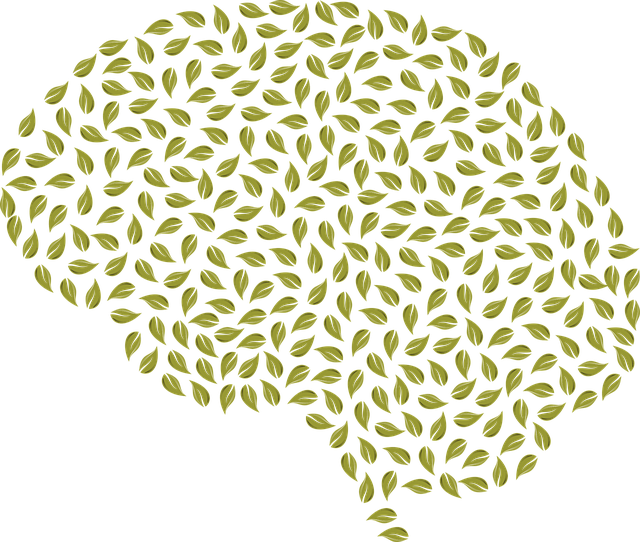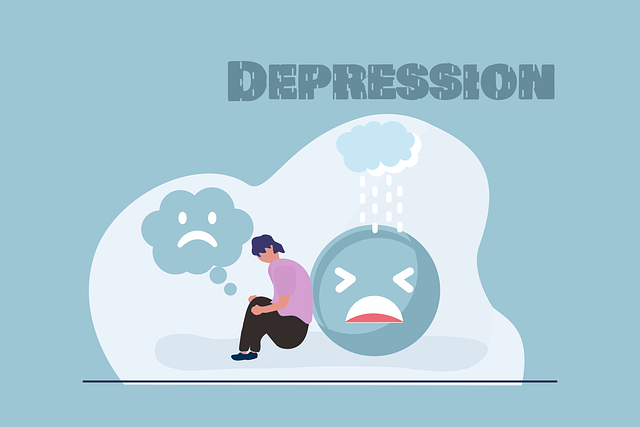Lone Tree Adolescent and Teen Therapy (LTAT) emphasizes cultural sensitivity as a cornerstone of effective mental healthcare for adolescents, addressing unique challenges like communication disparities and systemic issues. They foster culturally competent care through Self-Awareness Exercises, continuous professional development, and strategies from their podcast series. LTAT encourages therapists to be bias-aware and adapt approaches, creating safe spaces for clients to discuss cultural identities and their impact on mental wellness. The center provides training against microaggressions and uses culturally relevant resources, integrating family involvement and conflict resolution workshops, inner strength activities, and a holistic Mental Health Awareness approach for positive outcomes.
Mental healthcare practices increasingly recognize the importance of cultural sensitivity to provide effective treatment. This is especially crucial when serving diverse populations, as cultural backgrounds significantly influence mental health experiences and expressions. Understanding cultural nuances fosters a safe and supportive environment. This article explores the significance of cultural sensitivity in mental healthcare, delves into common challenges, offers strategies for therapists, and presents case studies from Lone Tree Adolescent and Teen Therapy, highlighting best practices in culturally competent care.
- Understanding Cultural Sensitivity: Why It Matters in Mental Healthcare
- Challenges and Barriers to Providing Culturally Sensitive Care
- Strategies for Incorporating Cultural Competence in Therapy Sessions
- Case Studies: Best Practices at Lone Tree Adolescent and Teen Therapy
Understanding Cultural Sensitivity: Why It Matters in Mental Healthcare

In the realm of mental healthcare, cultural sensitivity is a game-changer, especially when addressing the diverse needs of adolescents and teenagers. Lone Tree Adolescent and Teen Therapy emphasizes this aspect as it forms the crucible for fostering effective treatment plans. Every individual enters therapy with unique cultural backgrounds, experiences, and beliefs that shape their perceptions of mental wellness. Understanding these nuances is vital to creating a safe and supportive environment. This awareness ensures that professionals can tailor interventions, respecting and embracing diverse perspectives on health, illness, and healing.
For instance, what constitutes mental wellness varies across cultures, as do expressions of distress and coping mechanisms. Mental health professionals must be adept at navigating these differences to provide culturally competent care. Risk Management Planning for Mental Health Professionals incorporates cultural sensitivity as a core component because it’s not just about treating symptoms; it’s about understanding the individual within their social and cultural context. By integrating Self-Awareness Exercises, therapists can enhance their own cultural proficiency, thereby enhancing patient outcomes and fostering a more inclusive therapeutic space.
Challenges and Barriers to Providing Culturally Sensitive Care

Providing culturally sensitive care in mental healthcare presents unique challenges and barriers that therapists must navigate. One significant obstacle is the potential for cultural misunderstandings due to differences in communication styles, values, and beliefs. For instance, a therapist from one cultural background may use direct communication methods, while a client from another culture might prefer more indirect or contextual approaches. These disparities can lead to miscommunications and mistrust, hindering the therapeutic relationship.
Additionally, systemic issues within healthcare structures, such as lack of diversity in training programs or limited access to resources for minority groups, contribute to these challenges. At Lone Tree Adolescent and Teen Therapy, for example, addressing trauma support services for diverse populations involves recognizing and overcoming these barriers. Through ongoing professional development and incorporating strategies from the Mental Wellness Podcast Series Production, therapists strive to improve self-esteem improvement for all clients, ensuring that cultural sensitivity is at the core of every interaction.
Strategies for Incorporating Cultural Competence in Therapy Sessions

Incorporating cultural competence into therapy sessions is a multifaceted approach that requires therapists to be aware of their own biases and ready to adapt their practices. At Lone Tree Adolescent and Teen Therapy, we emphasize the importance of understanding clients’ cultural backgrounds, values, and beliefs as integral components of effective treatment. This involves active listening to ensure we accurately interpret non-verbal cues and language nuances. By creating a safe and inclusive space, therapists encourage open dialogue about cultural identities and their impact on mental wellness and emotional regulation.
Cultural sensitivity training equips professionals with strategies to address microaggressions and promote culturally responsive care. Therapists can use reflective practice to consider how their own backgrounds influence interactions with clients from diverse cultures. Incorporating culturally relevant resources, such as books, music, or art, into therapy sessions can also foster a deeper connection and understanding. At Lone Tree Adolescent and Teen Therapy, we strive to go beyond compliance and embrace cultural sensitivity as a core value, ultimately enhancing the therapeutic experience for all our clients.
Case Studies: Best Practices at Lone Tree Adolescent and Teen Therapy

Lone Tree Adolescent and Teen Therapy (LTAT) serves as a shining example of culturally sensitive mental healthcare practices. By integrating insights from diverse cultural backgrounds, LTAT creates safe spaces where young individuals can explore their identities and mental health issues. Case studies at LTAT highlight the power of tailored interventions that respect individual cultural contexts. Therapists at LTAT actively involve families in treatment plans, recognizing that familial dynamics are deeply influenced by cultural norms. This collaborative approach fosters trust and encourages open communication, crucial elements for successful therapy.
Through workshops and training sessions, LTAT equips its staff with conflict resolution techniques designed to navigate cultural differences effectively. The center also promotes inner strength development activities that resonate across cultures, empowering adolescents to confront challenges with resilience. By prioritizing Mental Health Awareness within a culturally responsive framework, Lone Tree Adolescent and Teen Therapy not only provides immediate support but also fosters long-lasting positive outcomes for its clients.
Cultural sensitivity is a cornerstone of effective mental healthcare, ensuring that all individuals receive respectful, compassionate, and tailored support. As evidenced by best practices at Lone Tree Adolescent and Teen Therapy, integrating cultural competence involves understanding diverse perspectives, overcoming barriers, and adopting strategies that honour and embrace clients’ backgrounds. By fostering an inclusive environment, mental health professionals can significantly enhance outcomes and create safe spaces for healing and growth.









